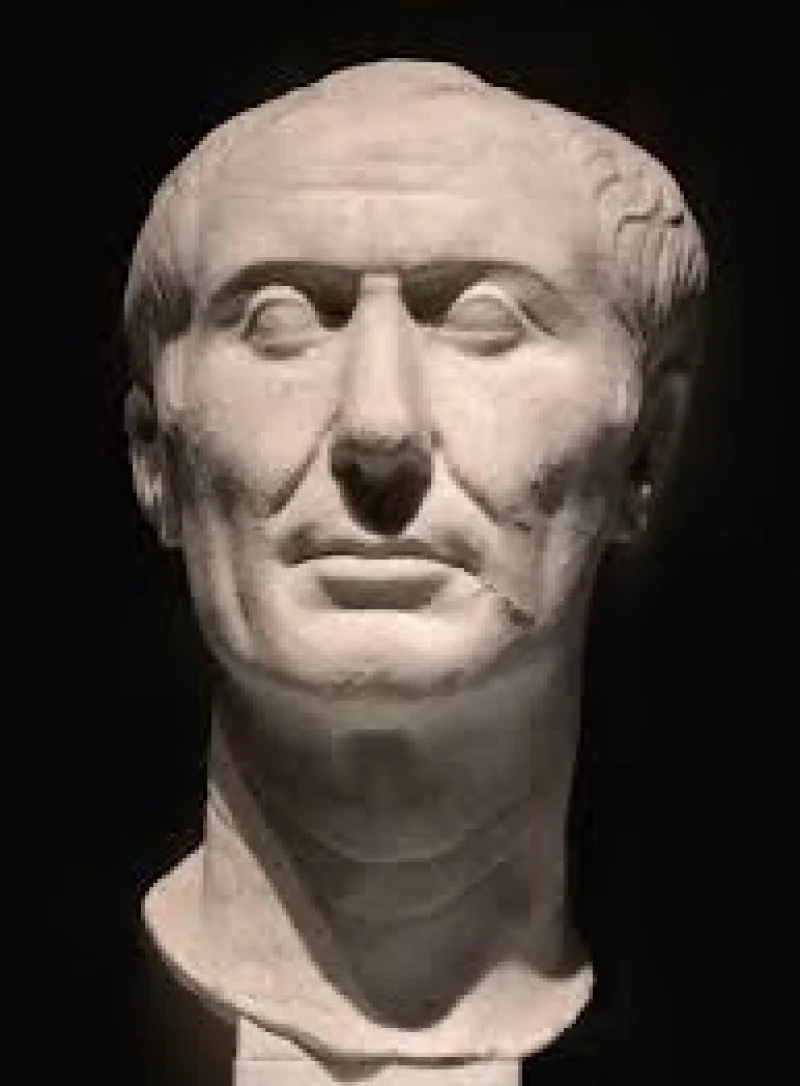Short Summary
Saint Teresa of Calcutta, known as Mother Teresa, was an Albanian-Indian Roman Catholic nun and missionary. She founded the Missionaries of Charity, a religious congregation dedicated to helping the poorest of the poor. Celebrated for her work with the destitute and dying in Kolkata, India, she became a global symbol of compassion and selfless service. Awarded the Nobel Peace Prize in 1979, she remains an enduring icon of charitable work and humanitarianism.
Early Life & Education
Born on August 26, 1910, in Skopje, then part of the Ottoman Empire, Anjezë Gonxhe Bojaxhiu was the youngest of three children. Her family was deeply religious, which influenced her spiritual development. After her father's death when she was eight, her mother instilled in her the values of charity and compassion. She attended a convent-run primary school and later a state-run secondary school. Inspired by stories of missionaries, she decided to dedicate her life to religious service and joined the Sisters of Loreto at age 18, leading to her move to Ireland and later to India.
Career Highlights
In 1929, Teresa arrived in India, where she began her novitiate in Darjeeling. After taking her first religious vows in 1931, she taught at St. Mary's High School in Kolkata. Her transformative moment came in 1946, when she experienced a "call within a call" to serve the poorest of the poor. In 1950, she founded the Missionaries of Charity, dedicated to caring for those nobody else was prepared to look after. Her charitable work expanded globally, and by the time of her death, the organization operated in over 130 countries.
Major Achievements
- Received the Nobel Peace Prize in 1979 for her humanitarian work.
- Founded the Missionaries of Charity, which grew to include thousands of members and volunteers worldwide.
- Canonized as a saint by the Roman Catholic Church in 2016.
- Established homes for the dying, orphanages, and leper houses in India and beyond.
- Influenced global awareness and response to issues of poverty and human dignity.
Famous Quotes
- "Peace begins with a smile."
- "Not all of us can do great things. But we can do small things with great love."
- "If you judge people, you have no time to love them."
Interesting Facts
- Mother Teresa's original name was Anjezë Gonxhe Bojaxhiu.
- She became fluent in five languages: Albanian, Serbian, English, Hindi, and Bengali.
- The Missionaries of Charity began with just 12 members and grew to over 5,000 sisters worldwide.
- She was awarded the Bharat Ratna, India's highest civilian honor, in 1980.
- Mother Teresa's canonization process was fast-tracked by Pope John Paul II, starting just two years after her death.
Legacy / Influence
Saint Teresa's legacy is one of boundless compassion and dedication to the marginalized. Her work raised global consciousness about the plight of the impoverished and inspired countless others to engage in humanitarian efforts. The Missionaries of Charity continue her mission worldwide, embodying her ethos of serving the "poorest of the poor." Her life and work remain a powerful testament to the impact of selfless love and service.
FAQ
Q: Why is Saint Teresa of Calcutta famous?
A: She is famous for her charitable work with the poor and dying, particularly in Kolkata, and for founding the Missionaries of Charity.
Q: What awards did she receive?
A: She received the Nobel Peace Prize in 1979, among other honors like India's Bharat Ratna.
Q: When was she canonized as a saint?
A: She was canonized on September 4, 2016, by Pope Francis.
Q: What was her "call within a call"?
A: It was her spiritual calling in 1946 to leave teaching and work directly with the poor in Kolkata.










